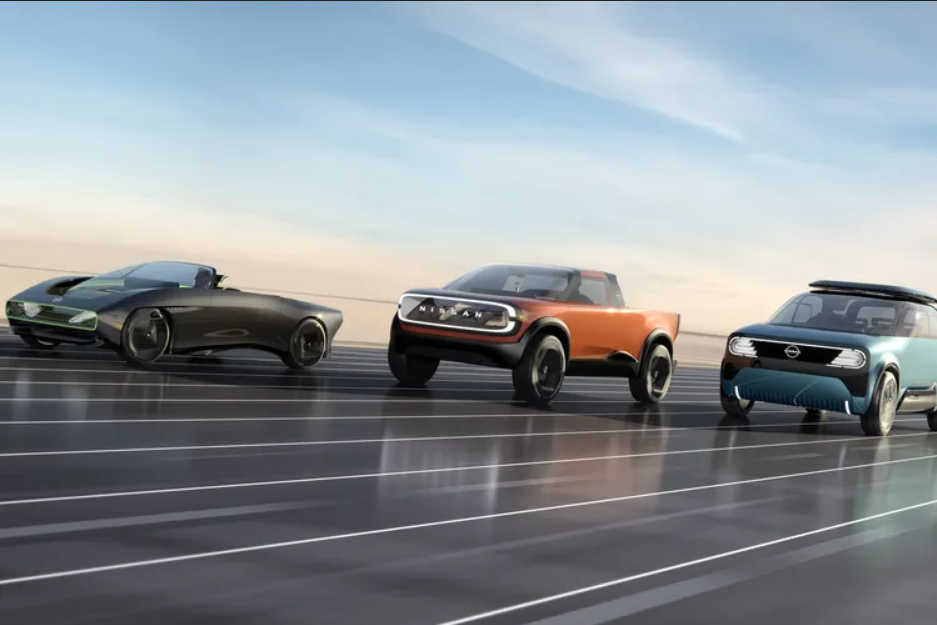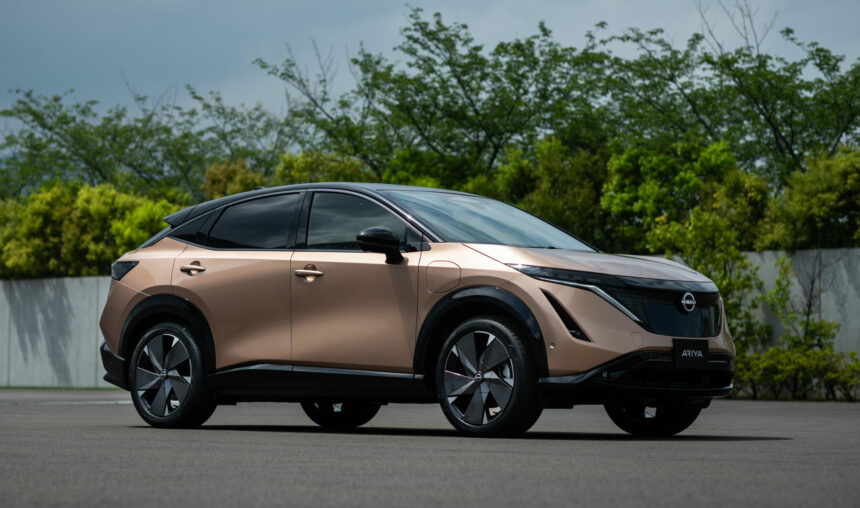Nissan has outlined a new strategy to electrify 16 out of the 30 vehicles it manufactures by 2026, with the remaining vehicles continuing to use internal combustion engines. In North America, the company intends to introduce seven new vehicles in the US and Canada, although specifics regarding the number of electric vehicles (EVs) among them remain unclear.

For the US market, Nissan plans to offer “e-POWER and plug-in hybrid models,” which utilize a combination of electricity and fuel for power. Currently, Nissan’s only all-electric EVs in production are the Ariya SUV and the Leaf.
In 2021, Nissan announced its intention to produce 23 electrified vehicles by 2030, with 15 of them being fully electric. While the new plan to electrify 16 vehicles by 2026 seems to exceed this target, it’s uncertain how many of these 16 will be fully battery-powered. Despite inquiries, Nissan has not provided immediate clarification on this matter.
However, Nissan aims for 60 per cent of its vehicles to be “electrified” by 2030, surpassing its previous commitment of 50 per cent by the same deadline. Additionally, the company has increased its target for the total number of electrified vehicles to 34 by 2030.
Nissan appears to be scaling back its plans for “all-solid-state” batteries by 2028. Instead, it now plans to incorporate vehicles equipped with “enhanced NCM li-ion, LFP, and all-solid-state batteries” by that deadline. Further details on Nissan’s future investment strategies, regional plans for Europe and Japan, and manufacturing expansion can be found in the full announcement.








